Product Name: Aluminum Forging
Product Type: Metal Forging
Material: Aluminum
Shape: Customized
Surface Treatment: Anodizing, Powder Coating, Spray Painting, Polishing
Production Process: Die Casting, Press Forging
Advantages:
1. High strength-to-weight ratio
2. Superior mechanical properties
3. Enhanced resistance to fatigue and wear
4. Tight dimensional tolerances
5. Cost-effective production
| Color | Silver |
|---|---|
| Material | Aluminum |
| MOQ | 1 Pcs |
| Sample | Available |
| Place of Origin | China |
Product Details
MINGYU Tech is a globally renowned aluminum t channel extrusion manufacturer. Our company specializes in high-volume production of extruded parts for automotive, aerospace and other industrial applications. We have a fully integrated manufacturing process from design and engineering to finishing and packaging for efficient and cost-effective production. With its focus on innovation and quality control, MINGYU Tech has become the preferred supplier to many top companies around the world.
The aluminum t channel extrusion product is a lightweight and durable material, made from the process of pushing or pulling a metal ingot through a die of a smaller cross-sectional area. This results in a long and uniform cross-section of the desired shape.
The use of aluminum t channel extrusion has gained popularity in various industries due to its excellent strength-to-weight ratio, corrosion resistance, and cost-effectiveness. It is commonly used in automotive, construction, aerospace, and electrical industries for applications such as frames, structures, electrical enclosures, and door and window frames.
One of the key advantages of aluminum t channel extrusion is its versatility, as it can be molded into a wide variety of shapes and sizes to meet specific design requirements. It can also be easily welded, machined, and finished to achieve a desired surface texture.
| Brand | MINGYU TechMINGYU Tech |
| Original | China |
| Capacity | 1603Ton/Month |
| Thickness | 0.5mm and above, or Customized |
| Length | 3-7.6Meter |
| Hardness | >=8HW |
| Color | Silver,White,Black,Grey,Bronze,Champagne,Wood and any as requested |
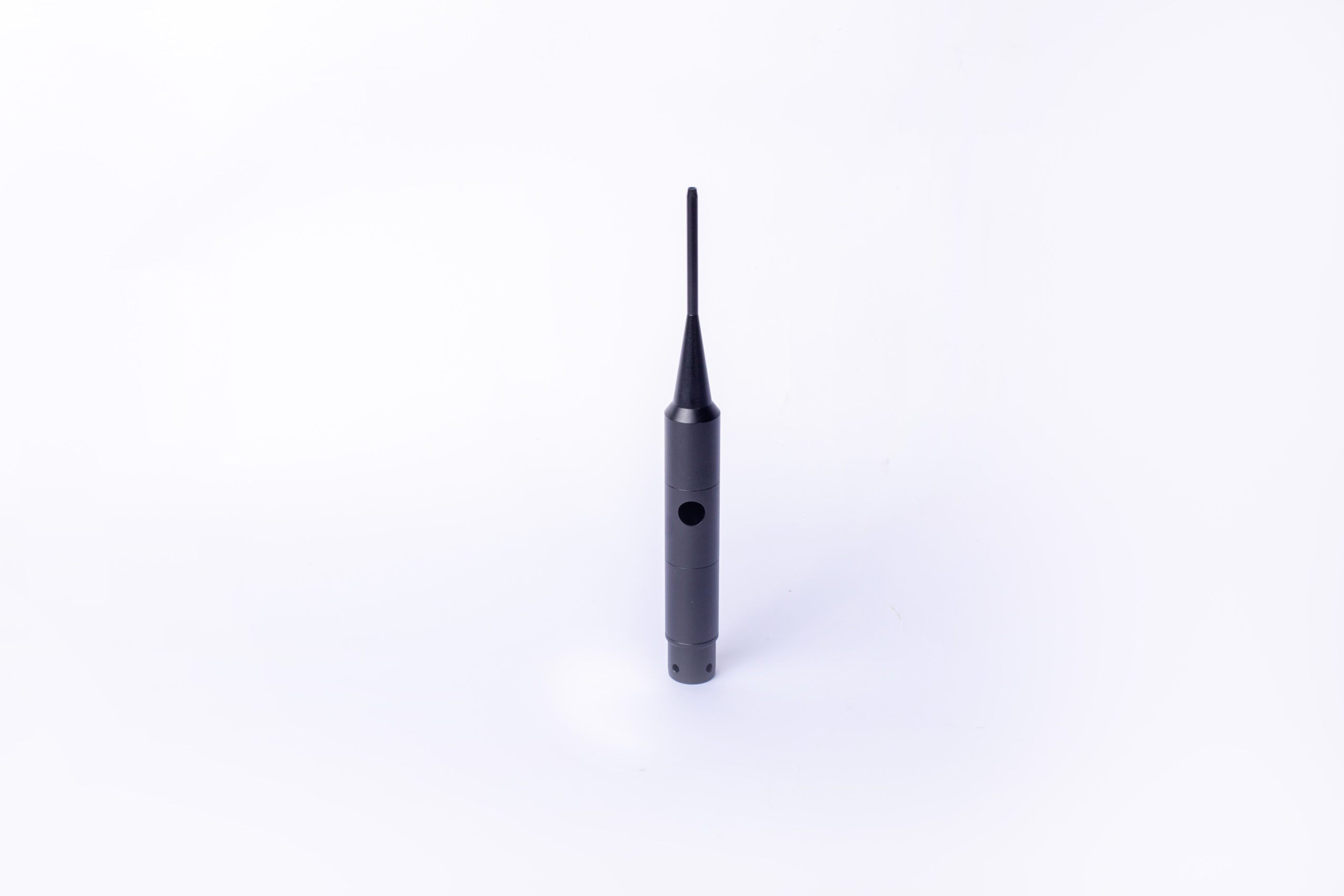
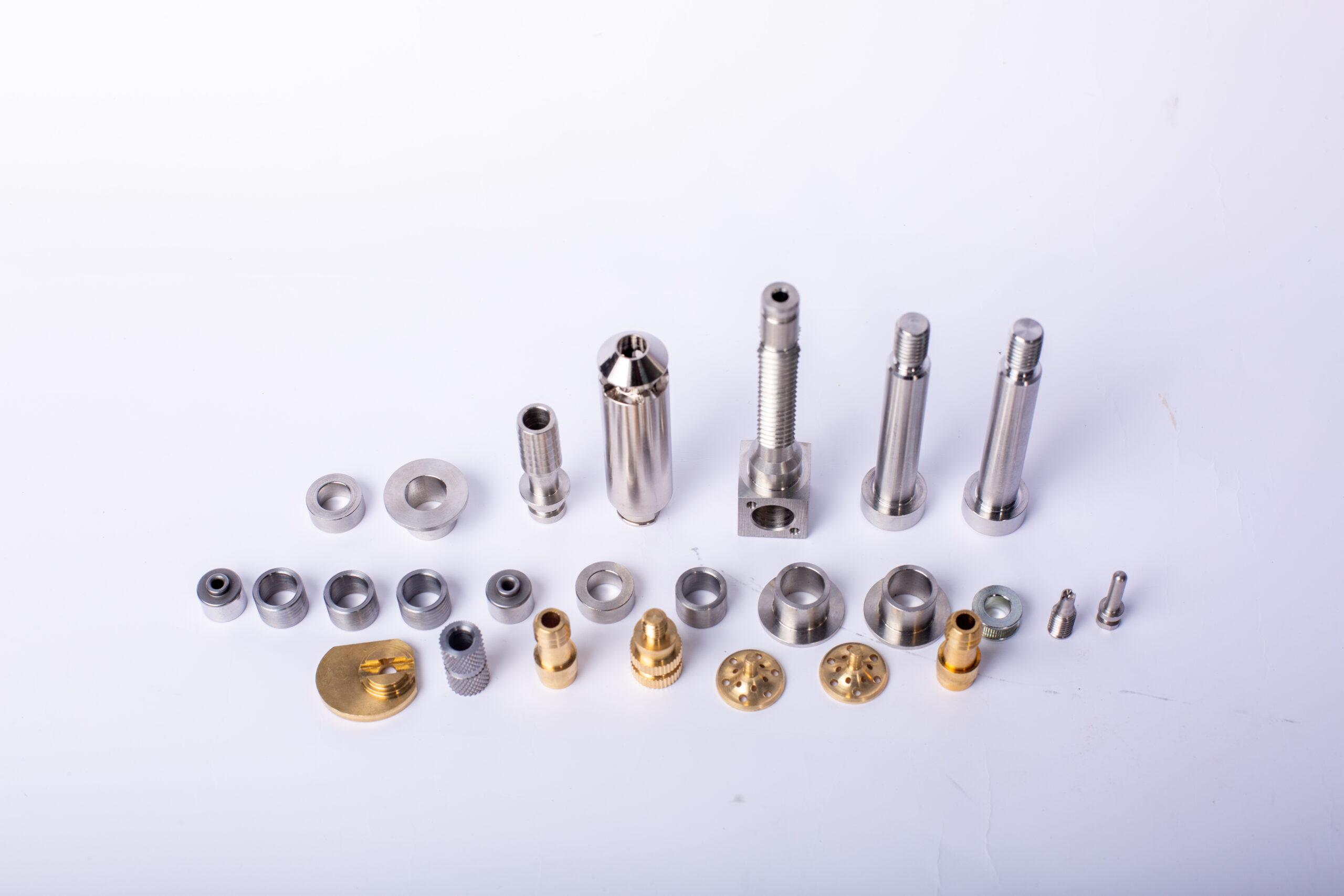
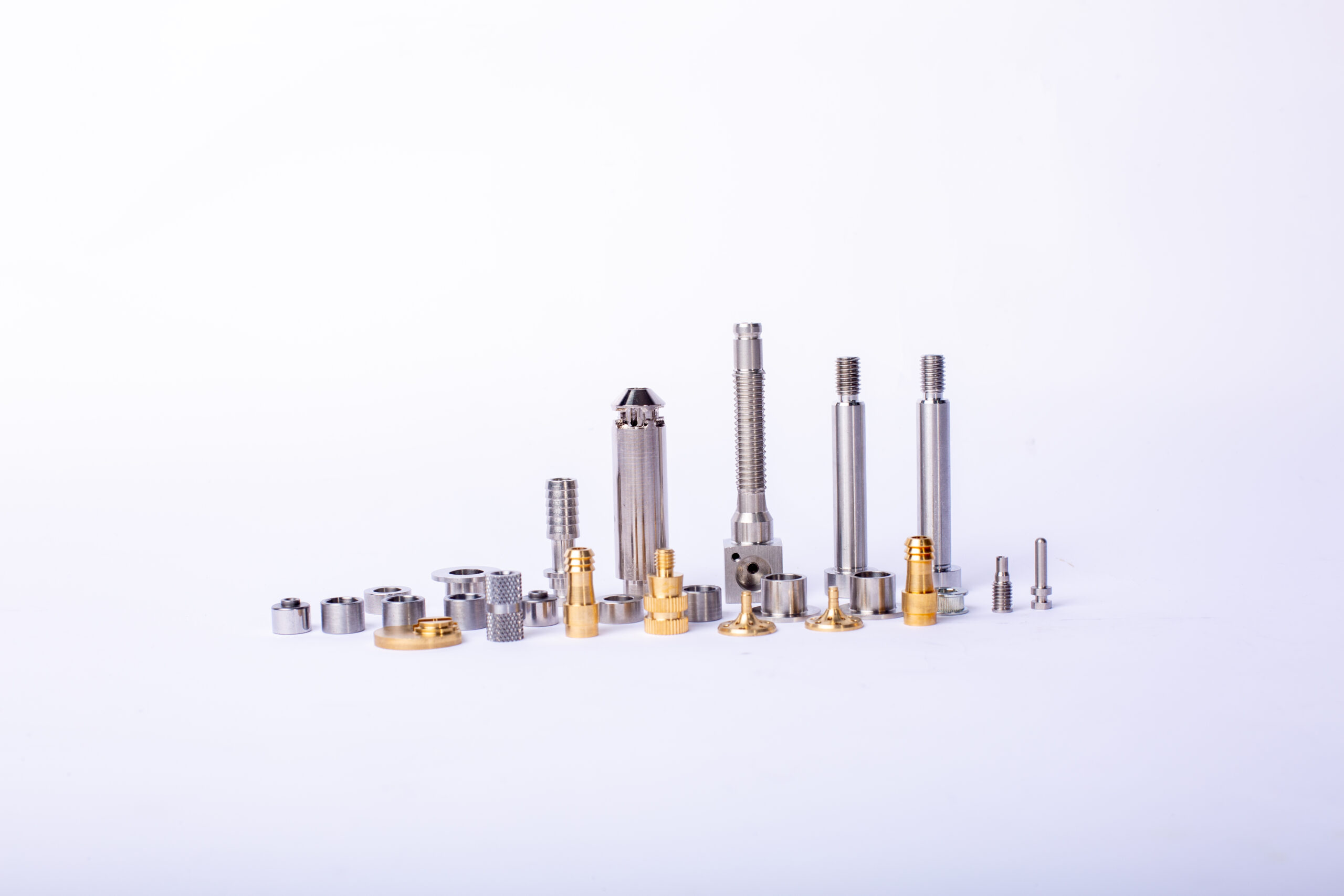
aluminum t channel extrusion FAQs Guide.
In this guide, we will provide you with all the information you need to know about our top-quality aluminum t channel extrusion and how they can benefit you and your projects. With extensive experience in the industry, our products are trusted by professionals and DIY enthusiasts alike. From industrial applications to home improvement projects, our aluminum t channel extrusion offer durability, versatility, and customization options to meet all your needs. Read on to discover more about our aluminum t channel extrusion products and why they should be your top choice.
1.How does the die design affect the quality of the extruded product?
We continue to improve aluminum t channel extrusion products and processes to improve efficiency.
The die design affects the quality of the extruded product in several ways. The die design determines the shape of the product, the size of the product, and the surface finish of the product. The die design also affects the flow of the material through the die, which can affect the uniformity of the product. Additionally, the die design can affect the amount of pressure needed to extrude the material, which can affect the strength and durability of the product.
2.Can dissimilar metals be joined through aluminum t channel extrusion?
We adhere to the principle of quality first and have a complete production quality management system and quality inspection process.
Yes, dissimilar metals can be joined through aluminum extrusion. This is done by using a process called bimetallic extrusion, which involves combining two different metals into a single extrusion. The two metals are joined together by a layer of aluminum, which acts as a bonding agent. This process is often used to join aluminum and steel, but can also be used to join other metals such as copper and brass.
3.What factors should be considered when selecting an aluminum t channel extrusion supplier?
We have broad development space in domestic and foreign markets. aluminum t channel extrusion have great advantages in terms of price, quality, and delivery date.
1. Quality: Quality should be the top priority when selecting an aluminum extrusion supplier. Make sure to ask for samples of their work and check for any defects or inconsistencies.
2. Cost: Cost is an important factor to consider when selecting an aluminum extrusion supplier. Make sure to compare prices and get quotes from multiple suppliers to ensure you are getting the best deal.
3. Experience: Experience is key when selecting an aluminum extrusion supplier. Make sure to ask about their experience in the industry and the types of projects they have completed in the past.
4. Delivery: Delivery is an important factor to consider when selecting an aluminum extrusion supplier. Make sure to ask about their delivery times and any additional fees associated with shipping.
5. Customer Service: Customer service is an important factor to consider when selecting an aluminum extrusion supplier. Make sure to ask about their customer service policies and how they handle any issues that may arise.
4.Can aluminum t channel extrusion be used in space applications?
Yes, aluminum extrusion can be used in space applications. Aluminum is a lightweight, strong, and corrosion-resistant material that is well-suited for use in space applications. It is used in the construction of spacecraft, satellites, and other space-related structures. Aluminum extrusion is often used to create complex shapes and components for space applications, such as frames, brackets, and other structural components.
5.What are the common surface finishes for aluminum t channel extrusion?
We should perform well in market competition, and the prices of aluminum t channel extrusion products have a great competitive advantage.
1. Anodizing
2. Powder Coating
3. Brushing
4. Polishing
5. Sandblasting
6. Laser Engraving
7. Chemical Film
8. Electroplating
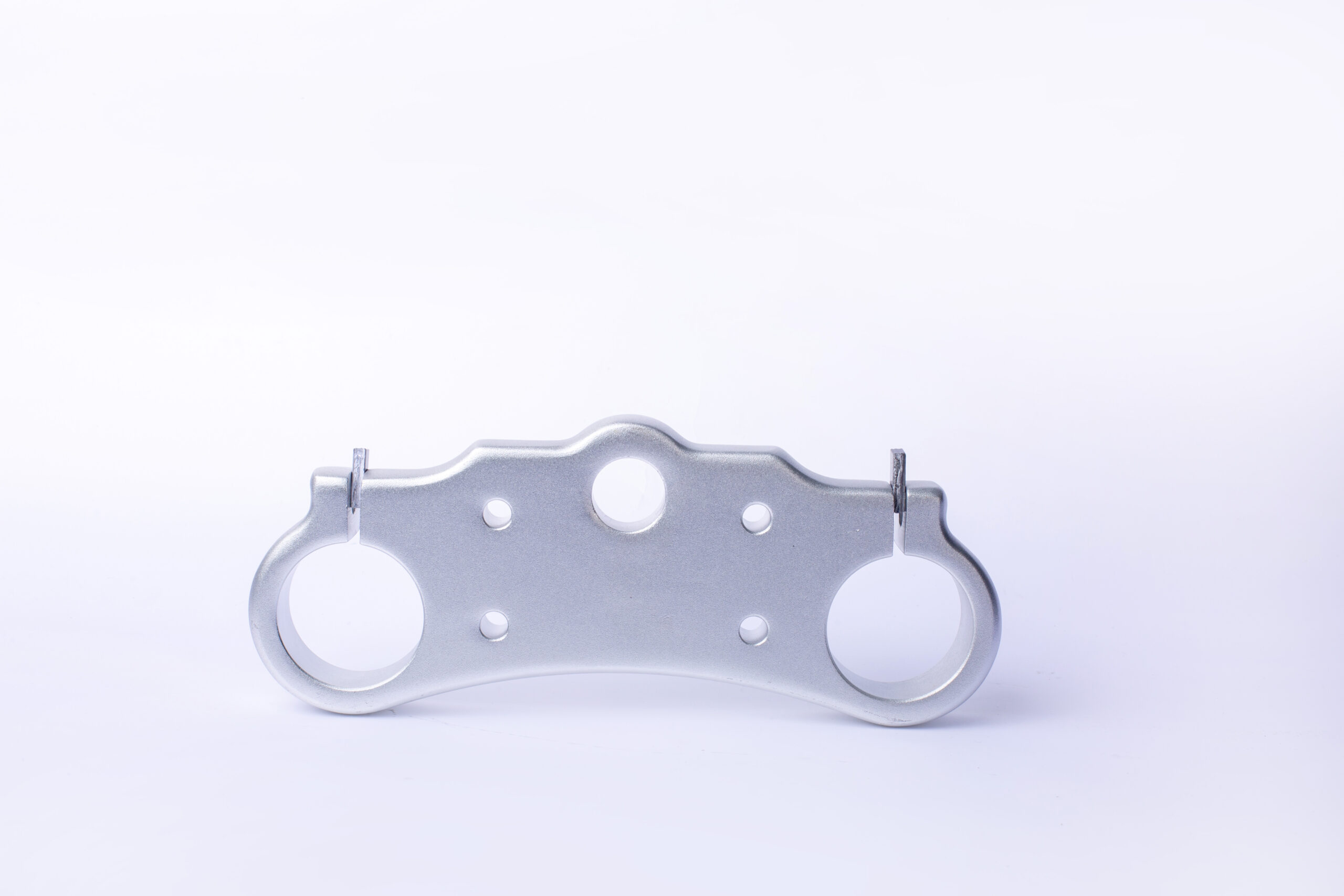
6.How does the choice of extrusion temperature affect the mechanical properties of the final product?
We maintain a certain amount of R&D investment every year and continuously improve operational efficiency to provide better services to our cooperative customers.
The extrusion temperature affects the mechanical properties of the final product in several ways. At higher temperatures, the material is more malleable and easier to shape, but it also becomes more brittle and prone to cracking. At lower temperatures, the material is more rigid and less prone to cracking, but it is also more difficult to shape. The extrusion temperature also affects the crystallinity of the material, which in turn affects its strength and ductility.
7.How does the choice of lubrication method affect the extrusion process?
The choice of lubrication method can have a significant impact on the extrusion process. Different lubrication methods can affect the surface finish of the extruded product, the amount of friction generated during the process, and the amount of energy required to complete the extrusion. For example, using a dry lubricant such as graphite or molybdenum disulfide can reduce friction and improve surface finish, while using a wet lubricant such as oil or grease can reduce friction and improve the flow of the material. Additionally, the choice of lubrication method can affect the amount of heat generated during the process, which can have an impact on the quality of the extruded product.
8.What is the most commonly used aluminum alloy for extrusion?
Our company has many years of aluminum t channel extrusion experience and expertise.
The most commonly used aluminum alloy for extrusion is 6063. It is a medium strength alloy that is heat treatable and is often used for architectural applications such as window frames, door frames, roofs, and sign frames.
9.What quality control measures are taken during the extrusion process?
We have advantages in marketing and channel expansion. Suppliers have established good cooperative relations, continuously improved workflows, improved efficiency and productivity, and provided customers with high -quality products and services.
1. Visual inspection: Inspecting the extruded product for any defects or inconsistencies in shape, size, and color.
2. Dimensional checks: Checking the dimensions of the extruded product to ensure it meets the required specifications.
3. Material testing: Testing the material used in the extrusion process to ensure it meets the required standards.
4. Pressure testing: Testing the pressure of the extrusion process to ensure it is within the required range.
5. Temperature testing: Testing the temperature of the extrusion process to ensure it is within the required range.
6. Speed testing: Testing the speed of the extrusion process to ensure it is within the required range.
7. Quality assurance: Ensuring that the extruded product meets the required quality standards.
10.How does the use of aluminum t channel extrusion impact the recyclability of a product?
We have the leading technology and innovation capabilities, and attach importance to employee training and development, and provide promotion opportunities.
The use of aluminum extrusion can have a positive impact on the recyclability of a product. Aluminum is a highly recyclable material, and extruded aluminum products can be recycled with minimal energy and cost. The extrusion process also helps to reduce the amount of scrap material generated, which can further reduce the environmental impact of the product. Additionally, aluminum extrusion can be used to create products with a longer lifespan, which can reduce the need for replacement and further reduce the environmental impact of the product.
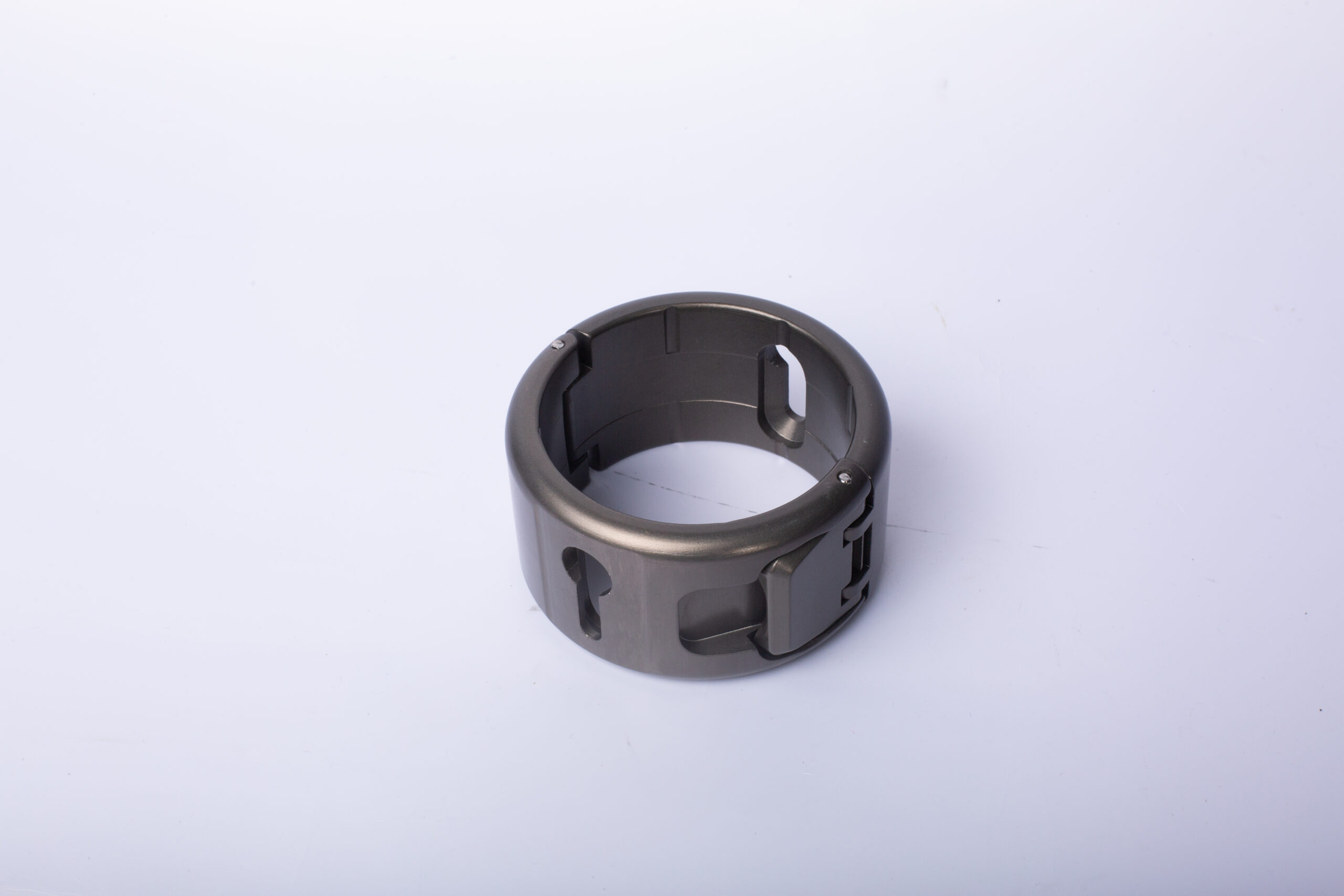
11.Can aluminum t channel extrusion be used for heat sinks?
Yes, aluminum extrusion can be used for heat sinks. Aluminum is a good conductor of heat and is often used in heat sinks to dissipate heat away from components. Aluminum extrusion is a process that shapes aluminum into a desired shape, which can be used to create custom heat sinks.
12.What types of profiles are commonly extruded with aluminum?
Common types of profiles extruded with aluminum include: window and door frames, curtain wall frames, structural framing, handrails, fencing, heat sinks, solar panel frames, and automotive components.
13.What are the advantages of using aluminum t channel extrusion over other manufacturing processes?
Our mission is to provide customers with the best solutions for aluminum t channel extrusion.
1. Cost-effectiveness: Aluminum extrusion is a cost-effective process that can produce complex shapes with minimal waste.
2. Versatility: Aluminum extrusion can be used to create a wide variety of shapes and sizes, making it a versatile manufacturing process.
3. Strength: Aluminum extrusion is a strong and durable process that can produce parts with high strength-to-weight ratios.
4. Design Flexibility: Aluminum extrusion allows for a wide range of design possibilities, allowing for complex shapes and intricate details.
5. Speed: Aluminum extrusion is a fast process that can produce parts quickly and efficiently.
6. Recyclability: Aluminum is a recyclable material, making aluminum extrusion an environmentally friendly process.
Tag:aluminum hex tube extrusion,aluminum extrusion table,custom aluminum extrusions manufacturer,u channel aluminum extrusion
Product Inquiry
We will respond within 12 hours, please pay attention to the email “@163.com” or “@alumforge.com”.
Also, you can go to the Contact Page, which provides a more detailed form, if you have more inquiries for products or would like to obtain OEM service.
Our sales experts will respond within 24 hours, please pay attention to the email with the suffix “@163.com”.